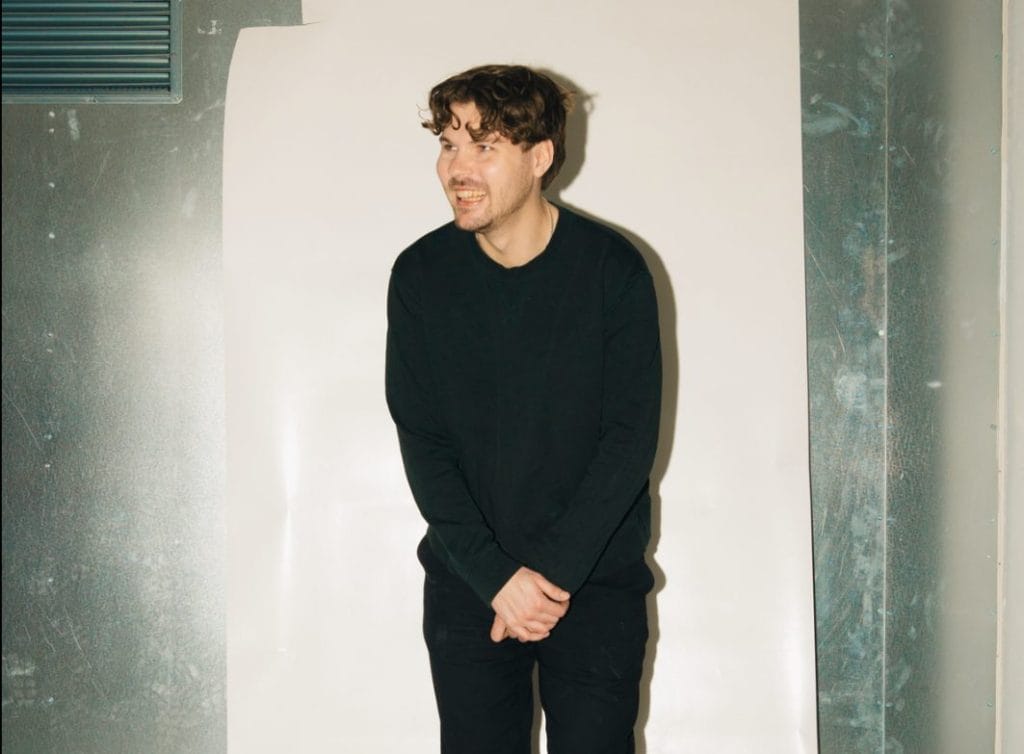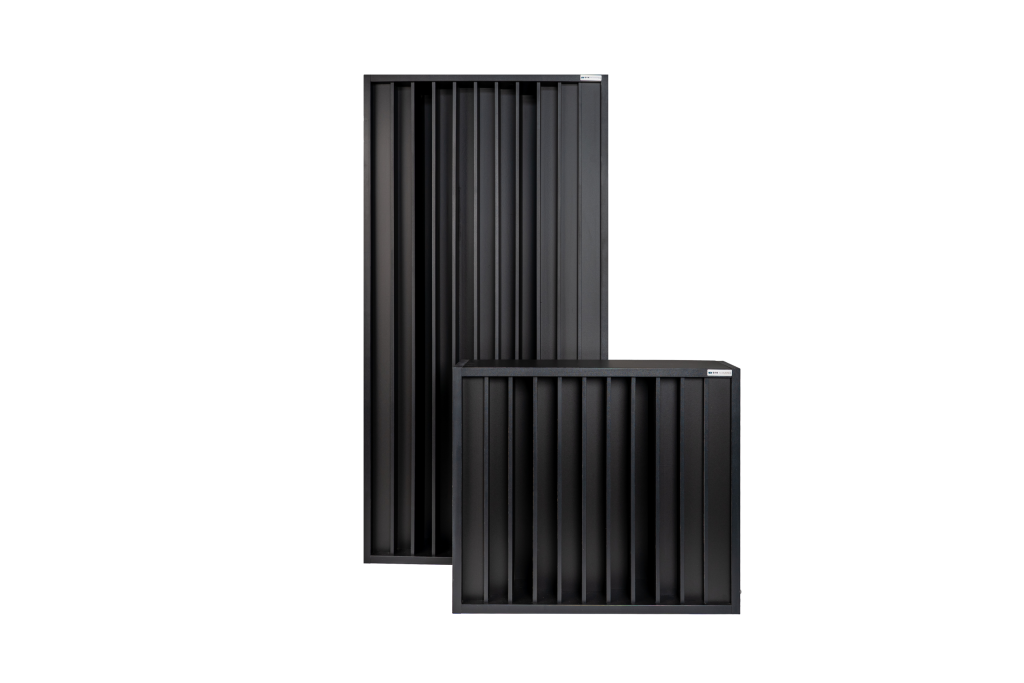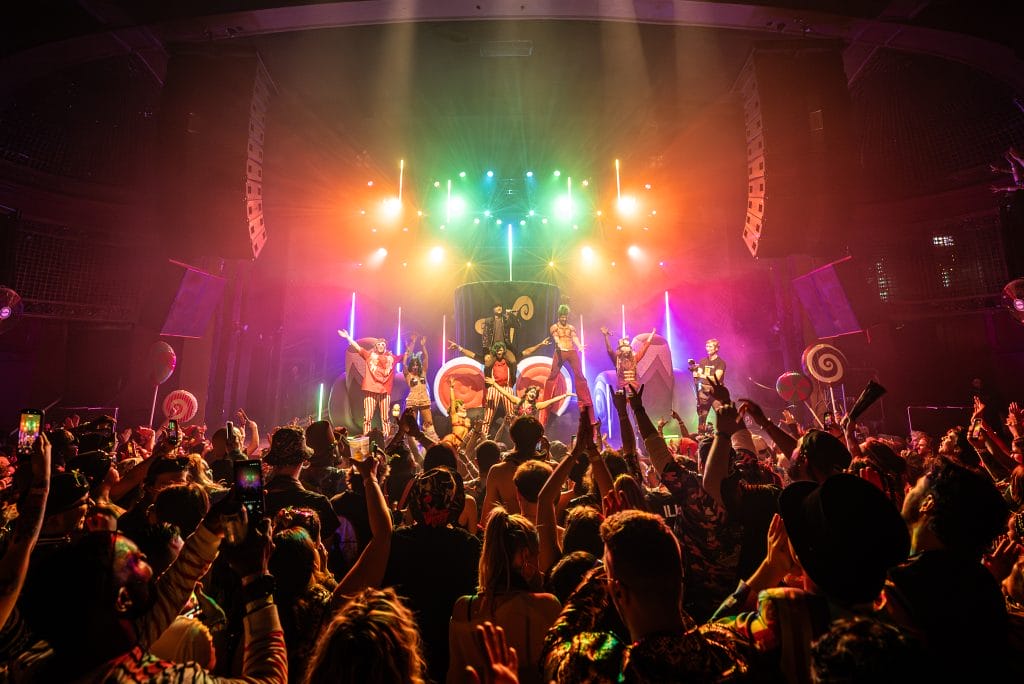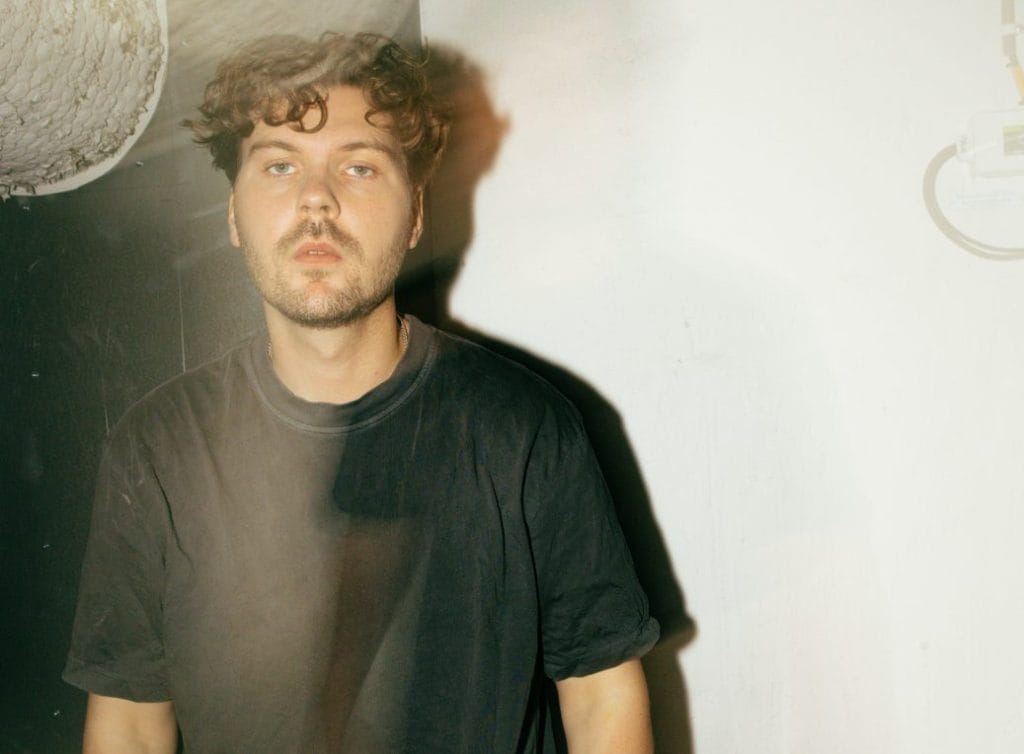A lot of people talk about “time management” like it’s the ultimate creative hack.
But if you’ve actually spent time in the trenches making music, you know the real game is energy management. Swedish producer Discrete — who’s clocked over 150 million streams and worked with heavyweights like Ultra, Tomorrowland, and Astralwerks — gets it. His new single “Sunrise (feat. Notelle)” arrives today – April 25th via 146 Records – and it feels like a direct product of that mindset: catching the right moment and letting it unfold instead of forcing it.
In this conversation, Discrete breaks down what his workflow really looks like behind the scenes. It’s not some productivity hack — it’s long hours in the studio, patience when the energy dips, and trusting the spark when it shows up. Some days he makes full tracks in a few hours. Other days, he loops old sessions until something clicks. Either way, the routine stays steady: be there, be ready, and let the ideas come when they’re ready to come.
If you’ve ever struggled with burnout, overworking songs, or doubting the creative process, this one will hit home. Discrete is proof that consistency, self-awareness, and a little bit of chaos (in the form of the occasional wild night out) are sometimes exactly what it takes to stay sharp in the long run.
Snag It On All Platforms Here
How do you manage creative energy throughout the day or week?
I spend a lot of my time just sitting in the studio, so when something sparks me, I’m already in the right place to catch it. That creative spark is something you can’t force, but when it shows up, I try to drop everything and just print it down—get it out without overthinking.
I’ve learned that the best ideas come when I’m not judging myself or trying too hard to make something “good.” Ego and doubt are the quickest ways to kill creativity, so I try to keep those out of the room.
It’s like documenting a moment instead of creating one, if that makes sense. Some days I have nothing, and that’s okay too. Other days it just flows, and I ride that wave for as long as I can.
What’s your approach when energy is low but time is available?
I spend so much time in the studio that I’ve learned energy is everything—like, feeling good physically and mentally matters way more than any kind of time management.
If I’m in a good headspace, I can write a hook and produce a full track in just a few hours. I think we made Sunrise in two hours or something crazy like that. After that first session, all I really did was tweak a few small things in the mix.
But when my energy’s low, I’m not forcing anything—I’ll just sit there, looping old stuff and slowly getting tired of it. It’s like I’m waiting for the spark to come back, and sometimes it just takes a minute.
Have you ever pushed through and regretted it?
I can’t even count how many times I’ve spent an entire week tweaking a song, like 12 hours a day, just to listen back and realise I completely tweaked the magic out of it. But weirdly, I don’t regret it. It’s like, through all that fiddling, I discover what’s around the corner—and that actually helps me understand why the original version felt better.
Sometimes you need to take the long way just to know you were already on the right path. It’s a frustrating but kind of beautiful part of the process. hahaha do I make any sense at all ?
How do you recover from burnout?
It’s really just the obvious stuff—getting proper sleep, hanging out with friends, going for a run, or going on a date with my girlfriend. Just doing things that aren’t productive in that intense way, and actually letting myself enjoy life a bit.
It sounds simple, but that’s what resets me. I’ve learned that when I keep that balance in check, the music I make gets better too. Burnout usually hits when I’ve been pushing too hard without letting myself breathe. So now I try to recover by doing the opposite.
Do you schedule studio time around energy levels or obligations?

I’m not sure if this is common, but I basically treat studio time like a 9 to 5—well, more like 10 to 7—five days a week, and then I take weekends off unless I’ve got shows.
It’s a pretty steady routine, but it actually helps me stay in a good creative rhythm.
Like I mentioned earlier, it all comes back to catching that spark. If I’m spending most of my awake hours in the studio, it’s just easier to slip into that flow state.
I don’t really wait for inspiration to strike—I try to be there, ready, when it does. It’s kind of like showing up for it every day and trusting that it’ll show up too.
What’s something you do outside the studio that restores creative energy?
Okay, this might be a bit of a hot take—but honestly, a wild night out with friends every now and then feels like hitting the reset button for me It sounds kind of chaotic, but if I’ve been on a good grind for a while, that kind of release just clears my head.
There’s something about letting go, laughing way too much, and not thinking about anything music-related that actually recharges me creatively.
Drinking isn’t exactly great, I know—but I won’t lie, it’s part of what works for me sometimes. It’s less about the party and more about the energy shift, I think. Just getting out of my bubble and back into real life for a moment.
The post How Discrete Manages Creativity Without Burning Out And Why Taking Breaks Makes Better Music appeared first on Magnetic Magazine.






